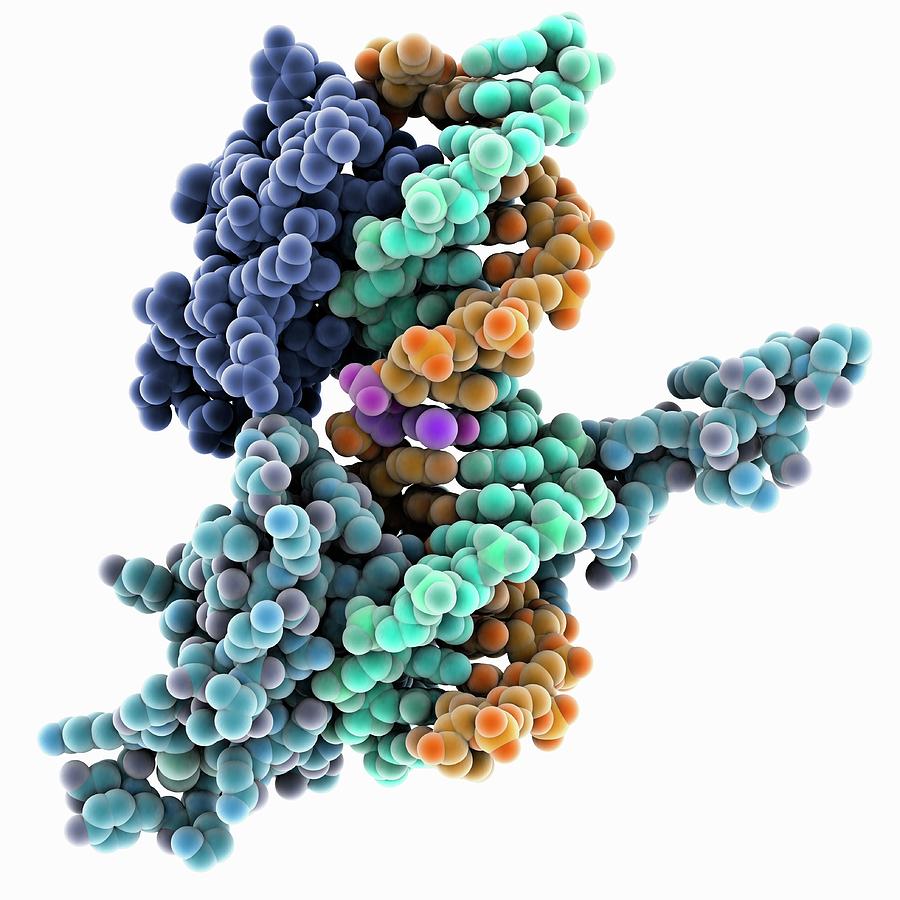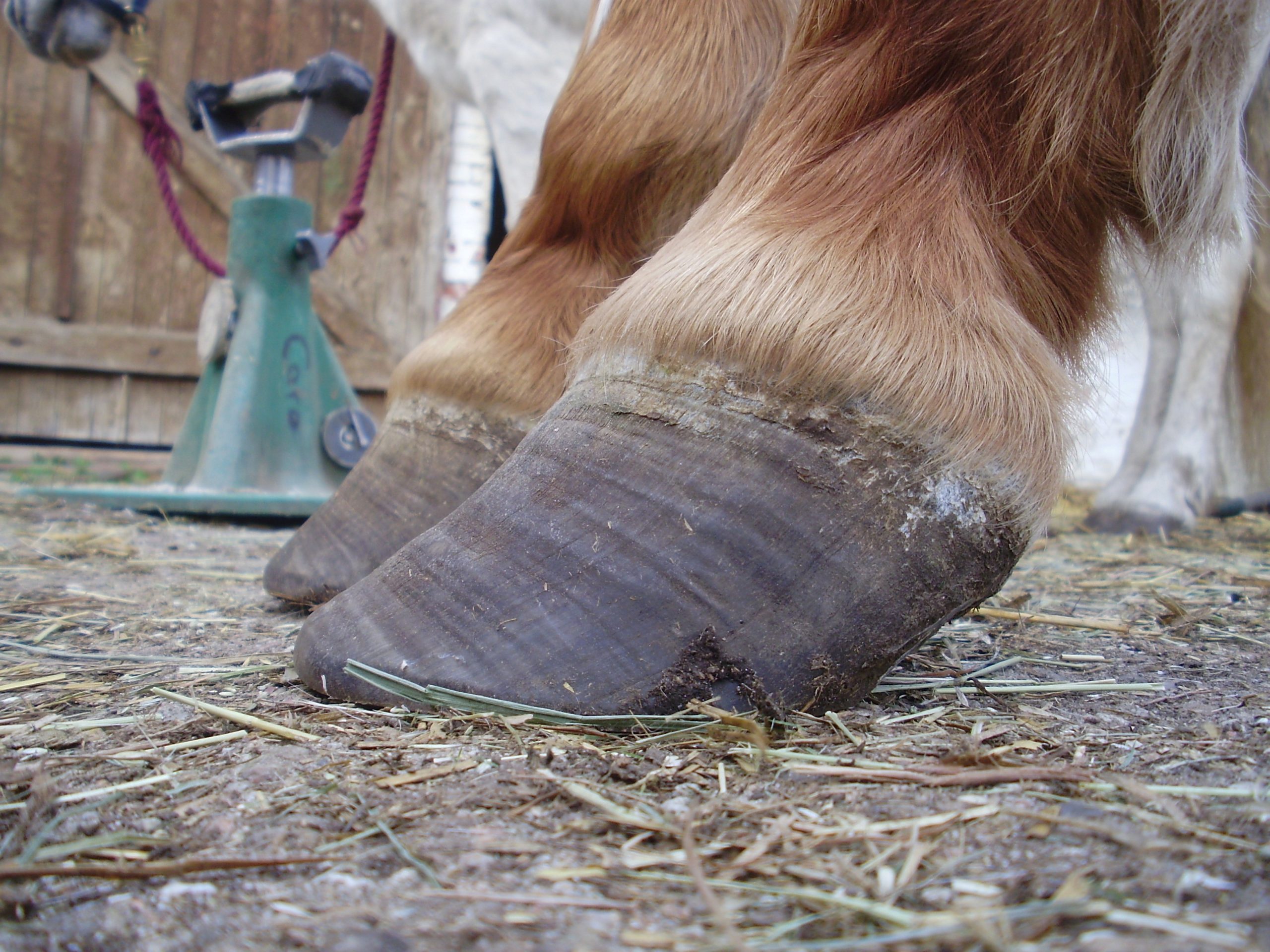Vitamin D and its tasks
Vitamin D has the task of regulating the calcium level in the body. It regulates the absorption and release of calcium in and out of bones.
Vitamin D is produced in the skin, transported to the liver with the blood and converted into an active form. This process is triggered by calcium deficiency in the blood to remedy the lack of calcium.
The horse has a much higher serum calcium level than other domestic mammals. It can absorb more calcium from the intestine in case of calcium deficiency.
Therefore, vitamin D does not play such an important role in maintaining calcium levels in the blood in horses.
Due to this results there is the erroneous assumption that the horse is insensitive to vitamin D deficiency.
But the opposite is true. Because the horse can not synthesize this vitamin as well as humans or other mammals.
But vitamin D has a second, at least as important task in the body as the regulation of calcium levels in the blood. It regulates the immune system.
And here a vitamin D deficiency is very much a big problem.
Vitamin D and the immune system
Many immune cells have a vitamin D receptor on their surface and are able to convert vitamin D into its active form, just as it does in the liver.
However, this active vitamin D is not for calcium regulation, or not directly.
This Vitamin D is needed by the immune system to maintain the body’s defense against pathogens. Almost all immune cells have a vitamin D receptor on their surface, which regulates and activates their activity and commitment.

Vitamin D deficiency is often associated with insulin resistance, acute and chronic diseases of the respiratory system and autoimmune diseases.

Especially in the elimination of dead and diseased cells and to prevent vascular damage and microthrombi – as they occur in , the level of vitamin D levels is an indicator of the success or failure of a therapy.
Therefore, a secure supply of vitamin D is essential, especially in winter.